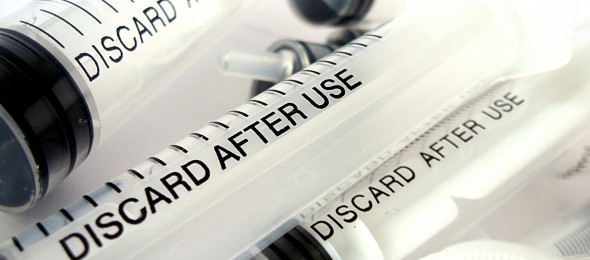by Holly Hayes
Public health departments and health care providers across the spectrum have traditionally not collaborated in providing care in their community. According to Hospital and Health Networks Senior Writer, Paul Barr, that situation is changing.
Hospitals and physicians are being pushed to perform public healthlike duties as a result of health reform and other changes in the industry. If hospitals are going to provide care through vehicles like accountable care organizations and also manage the health of large populations of patients — as is expected by many — they’re going to have to tap into the expertise of public health departments.
As a result, many hospitals and health systems could use some direction as to how to do that, which helped to inspire the introduction of “A Practical Playbook: Public Health. Primary Care. Together.”
There has been a change in the kind of diseases that we have in the United States, says Brian Castrucci, chief program and strategy officer for de Beaumont Foundation, one of the three behind the playbook. “We’ve gone from an acute model — where your provider could be an independent problem solver — to a time of chronic disease where a lot of the origins of disease have shifted from microbial to social and environmental,” Castrucci says.
Public health departments have been tackling social and environmental issues as part of their core mandate, I assume, since their inception, and are in a good position to help with that effort. But generally speaking, hospitals and health departments don’t have an operational model for working together. “We tend to work in our own silos and do what we do best,” Denise Koo, M.D., a public health physician and senior adviser for health systems in the Office of Public Health Scientific Services at the Centers for Disease Control and Prevention, another of the sponsors of the playbook.
The playbook is designed to close that gap. “This is absolutely about bringing them together,” Koo says. “It is about having them sit down with each other and learn a little bit about our different cultures and our different terminology,” Koo says. “Some people in health care don’t even know what the public health department does,” she says.
The problem and some recommendations were identified in a 2012 report from the Institute of Medicine. The playbook, which will be a live document that is regularly updated, is designed to serve as an implementation tool for the IOM’s recommendations.
Hospital CEOs should get the playbook into the hands of officials responsible for the adoption of new care and reimbursement models, as well as those overseeing community needs assessments, says Lloyd Michener, M.D., professor and chairman of Duke Community and Family Medicine, the third organization that created the playbook. They should also ask the responsible hospital executives, ” By the way, what is the name of my health department director?, ” Michener says. If they don’t already know, they need to be working with them collaboratively, he says.














